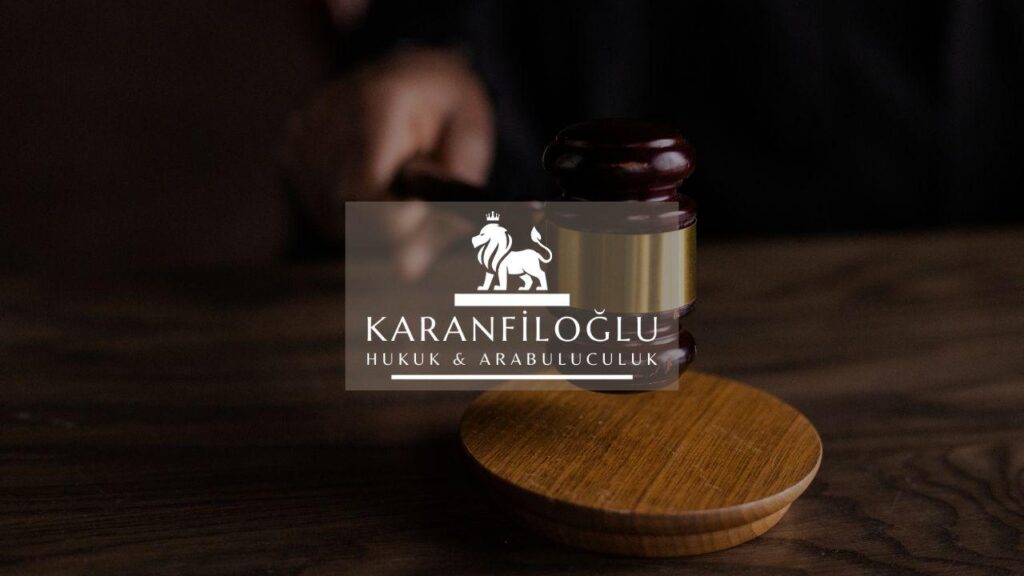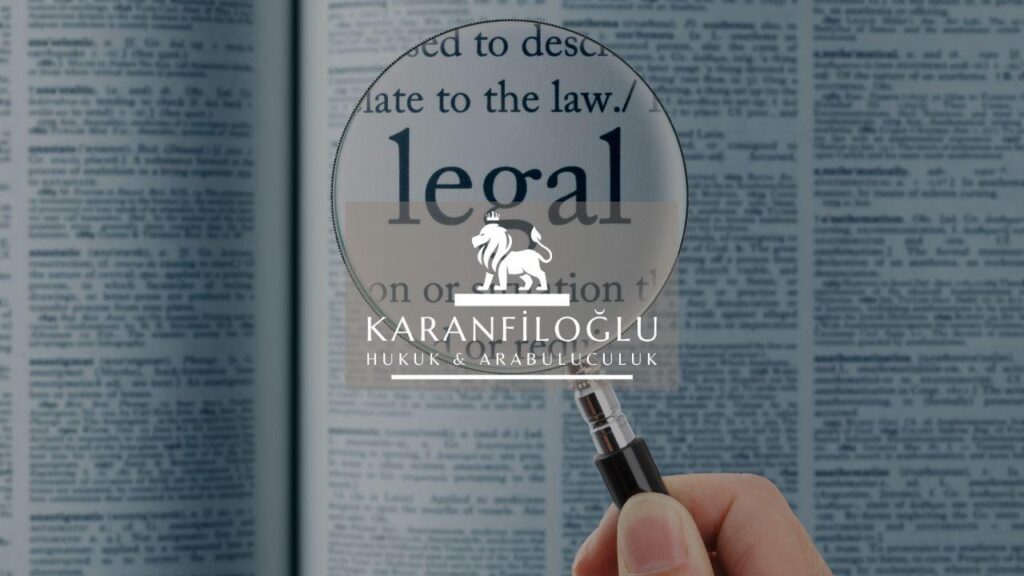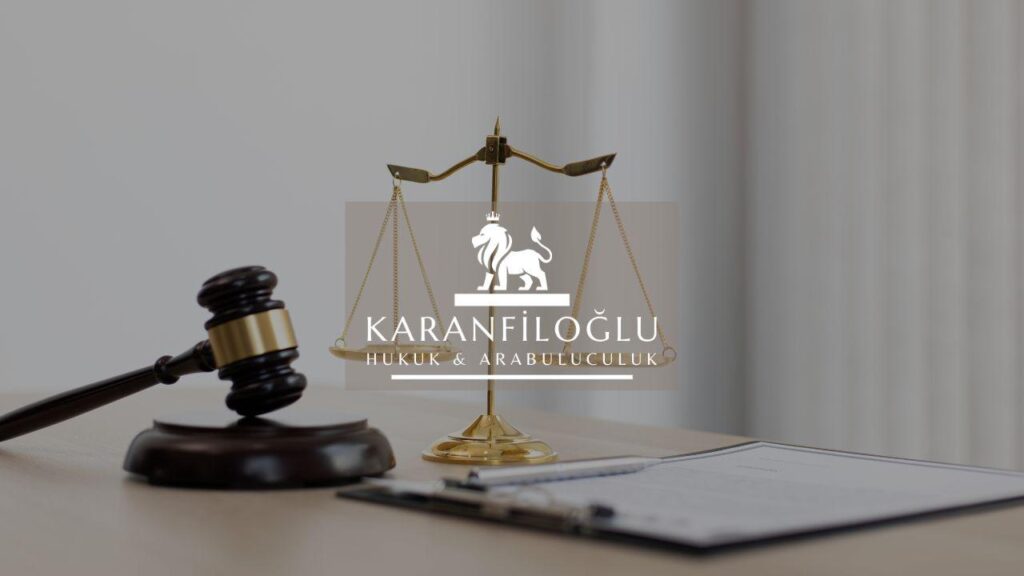At Karanfiloglu Law Office, we understand the complexities involved in managing a breach of warranty case in Turkey. According to the Turkish Code of Obligations (TCO) No. 6098, warranties serve as assurances related to the quality, condition, or performance of goods or services. In the event of a breach, Article 227 of the TCO entitles the aggrieved party to demand repair, replacement, a price reduction, or even contract termination along with compensation for damages. The Commercial Code No. 6102 further reinforces these rights in commercial transactions, particularly under Article 23, which outlines procedures for dealing with defective goods. Navigating these regulations demands not only a keen understanding of the law but also strategic legal expertise. Our experienced lawyers are committed to providing comprehensive legal advice and effective representation to ensure that your rights are fully protected in breach of warranty cases.
Types of Warranties and Their Legal Implications in Turkey
In the Turkish legal context, warranties can be broadly categorized into express and implied warranties. Express warranties are explicitly stated in the contract and outline specific guarantees regarding the quality, functionality, or condition of goods or services. These are governed by Article 219 of the Turkish Code of Obligations (TCO), which requires that parties adhere to the stipulations clearly mentioned in the agreement. On the other hand, implied warranties arise by default under the law, even when not expressly stated in the contract. For instance, under Article 222 of the TCO, sellers are deemed to implicitly guarantee that goods are free from defects that would impede their intended use. Understanding these types of warranties and their respective legal implications is crucial for both buyers and sellers to ensure their rights and obligations are adequately protected.
In cases where a breach of either express or implied warranty occurs, the legal implications can be significant. For express warranties, non-compliance with the contractual terms can lead to claims for compensation under Article 112 of the TCO, which addresses liability for non-performance. Specifically, the affected party can demand remedies such as repair or replacement under the provisions of the contract. For implied warranties, if the delivered goods fail to meet the standards implicitly guaranteed, Article 227 allows the aggrieved party to seek remedies such as contract rescission, price reduction, or compensation for damages incurred due to the defective goods. Furthermore, sellers must approach implied warranties with caution, as Article 225 of the TCO stipulates that any attempt to restrict or exclude these warranties must be explicitly agreed upon by both parties to be enforceable. By being aware of these legal ramifications, parties can better safeguard their interests in commercial transactions.
At Karanfiloglu Law Office, our team of legal experts is adept at navigating the complexities associated with both express and implied warranties, ensuring that our clients are well-protected in breach of warranty cases. We provide tailored legal counsel to decipher the intricate provisions of Turkish warranty laws and their practical applications. Whether you are dealing with a breach under Article 219 or seeking remedies as outlined in Articles 227 and 112 of the TCO, we are committed to securing your interests. Moreover, for businesses operating under commercial transactions, our guidance covers the nuances specified in the Commercial Code No. 6102, particularly Articles 23 and 55, which govern the responsibilities and liabilities of parties in the realm of defective goods. Our comprehensive approach to legal representation in warranty-related disputes not only addresses immediate concerns but also provides long-term solutions to prevent future breaches and safeguard your commercial endeavors.
Steps to Take When You Encounter a Breach of Warranty
The first critical step when you encounter a breach of warranty is to thoroughly document the defect or issue. Ensure you have detailed records, including photographs, written descriptions, and any relevant communication with the seller or service provider regarding the problem. According to Article 231 of the Turkish Code of Obligations (TCO) No. 6098, the buyer must notify the seller of the defect within a reasonable time after discovering it. Failure to do so may result in the forfeiture of certain legal remedies. Hence, it is vital to act promptly to preserve your rights. If the breach involves commercial transactions, refer to Article 23 of the Commercial Code No. 6102, which highlights specific notification procedures that must be followed to maintain the legal validity of your claim. Collecting and presenting clear evidence is fundamental for a strong legal position.
Once you have documented the defect and notified the seller, the next step is to determine the appropriate legal remedy based on the circumstances of your case. According to Article 227 of the Turkish Code of Obligations (TCO) No. 6098, you have several options: you may demand repair of the defective goods, request a replacement with non-defective ones, seek a reduction in the purchase price, or opt for contract termination if the breach is significant. Additionally, you may also claim compensation for any damages incurred as a result of the breach. It is imperative to carefully assess which remedy best serves your interests and ensure your demands are clearly communicated to the seller. For commercial transactions, Article 23 of the Commercial Code No. 6102 further elaborates on the procedural aspects of these claims, underscoring the importance of adhering to these regulations to protect your rights effectively.
Lastly, if the seller fails to address your demands satisfactorily, legal action may become necessary. Initiating a lawsuit requires careful preparation and adherence to procedural rules outlined in the Civil Procedure Law No. 6100. Under Article 191, filing a lawsuit involves presenting a detailed claim outlining the breach, the documented evidence, and the specific remedy sought. Engaging with an experienced legal team, such as Karanfiloglu Law Office, significantly enhances your chances of a favorable outcome. Our lawyers meticulously navigate the complexities involved in presenting your case, ensuring compliance with statutory deadlines and prerequisites. Moreover, we can assist in out-of-court negotiations to potentially reach a settlement that mitigates the need for lengthy litigation. Employing both litigation and negotiation strategies, we strive to achieve the best possible resolution to your breach of warranty dispute in Turkey.
Legal Remedies and Litigation Process for Breach of Warranty Cases in Turkey
When faced with a breach of warranty case in Turkey, the initial step is to identify the type of breach and the applicable legal remedies under the Turkish Code of Obligations (TCO) No. 6098. Article 227 of the TCO specifies that the claimant can seek remedies including repair of the defective goods, replacement, an appropriate reduction in the purchase price, or the termination of the contract. Additionally, compensation for any ensuing damages may also be claimed. It is crucial to document all instances of the defect and gather evidence to substantiate your claim. In commercial transactions, the Turkish Commercial Code No. 6102, specifically Article 23, elaborates on the seller’s obligations and buyer’s entitlements when defective goods are involved. Properly navigating these provisions necessitates a structured litigation strategy, which our skilled attorneys at Karanfiloglu Law Office can provide, ensuring that your case is presented compellingly and effectively in court.
In instances where the offending party is unwilling to voluntarily fulfill their obligations under the warranty, initiating a formal legal process may become necessary. This often begins with sending a notarized notice to the other party, detailing the breach and the remedies sought. Under Article 12 of the Turkish Commercial Code (TCC) No. 6102, it is essential for parties to follow pre-litigation formalities, including this notification step. If the breach remains unresolved, filing a lawsuit in the competent court is the subsequent step. Depending on the case, jurisdiction may fall under the Consumer Courts or Commercial Courts. Timeliness is critical; under the Turkish Code of Obligations (TCO) Article 231, the buyer generally has a two-year period from the date of delivery to file a claim, though shorter periods may apply for perishable goods. Our experienced legal team at Karanfiloglu Law Office ensures meticulous adherence to these procedural requirements to fortify your case from the outset.
Should the case escalate to court proceedings, proving the breach of warranty will require thoroughly substantiated evidence, typically involving expert reports, witness testimony, and comprehensive documentation of the defect and its impact. Article 229 of the TCO allows the buyer to request an expert examination to determine the extent of the defect, which can be pivotal in court. Additionally, it’s important to note that under Article 231 of the TCO, failure to notify the seller of the defect within a reasonable period will weaken the claimant’s position, making timely action essential. Courts will also consider any contractual terms that delineate warranties and guarantees, scrutinizing both the express and implied warranties involved. By collaborating closely with our seasoned attorneys at Karanfiloglu Law Office, clients can ensure that all necessary legal avenues are pursued meticulously, presenting a solid and compelling case that is well-supported by the required legal and factual framework.
Disclaimer: This article is for general informational purposes only and you are strongly advised to consult a legal professional to evaluate your personal situation. No liability is accepted that may arise from the use of the information in this article.







